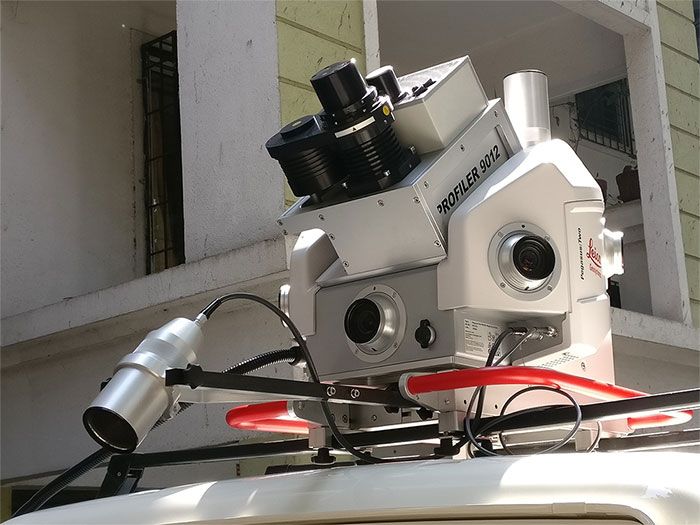NSV TEST
A nerve conduction velocity (NCV) test — also called a nerve conduction study (NCS) — measures how fast an electrical impulse moves through your nerve. NCV can identify nerve damage. During the test, your nerve is stimulated, usually with electrode patches attached to your skin.
Your peripheral nerves start where the nerve root takes off from the spinal cord. These nerves help you control your muscles and experience the senses. Healthy nerves send electrical signals more quickly and with greater strength than damaged nerves.
The NCV test helps your doctor differentiate between an injury to the nerve fiber and an injury to the myelin sheath, the protective covering surrounding the nerve. It can also help your doctor tell the difference between a nerve disorder and a condition where a nerve injury has affected the muscles.
Making these distinctions is important for proper diagnosis and determining your course of treatment.
Who gets an NCV test?
An NCV test can be used to diagnose a number of muscular and neuromuscular disorders, including:
- Guillain-Barré syndrome
- carpal tunnel syndrome
- cubital tunnel syndrome
- Charcot-Marie-Tooth (CMT) disease
- herniated disc disease
- chronic inflammatory polyneuropathy and neuropathy
- sciatic nerve problems
- peripheral nerve injury
- trauma
- muscle disorders
An electromyography (EMG) test is often performed alongside an NCV test. An EMG test records the electrical signals moving through your muscles. This helps detect the presence, location, and extent of any disease that may damage the nerves and muscles.



